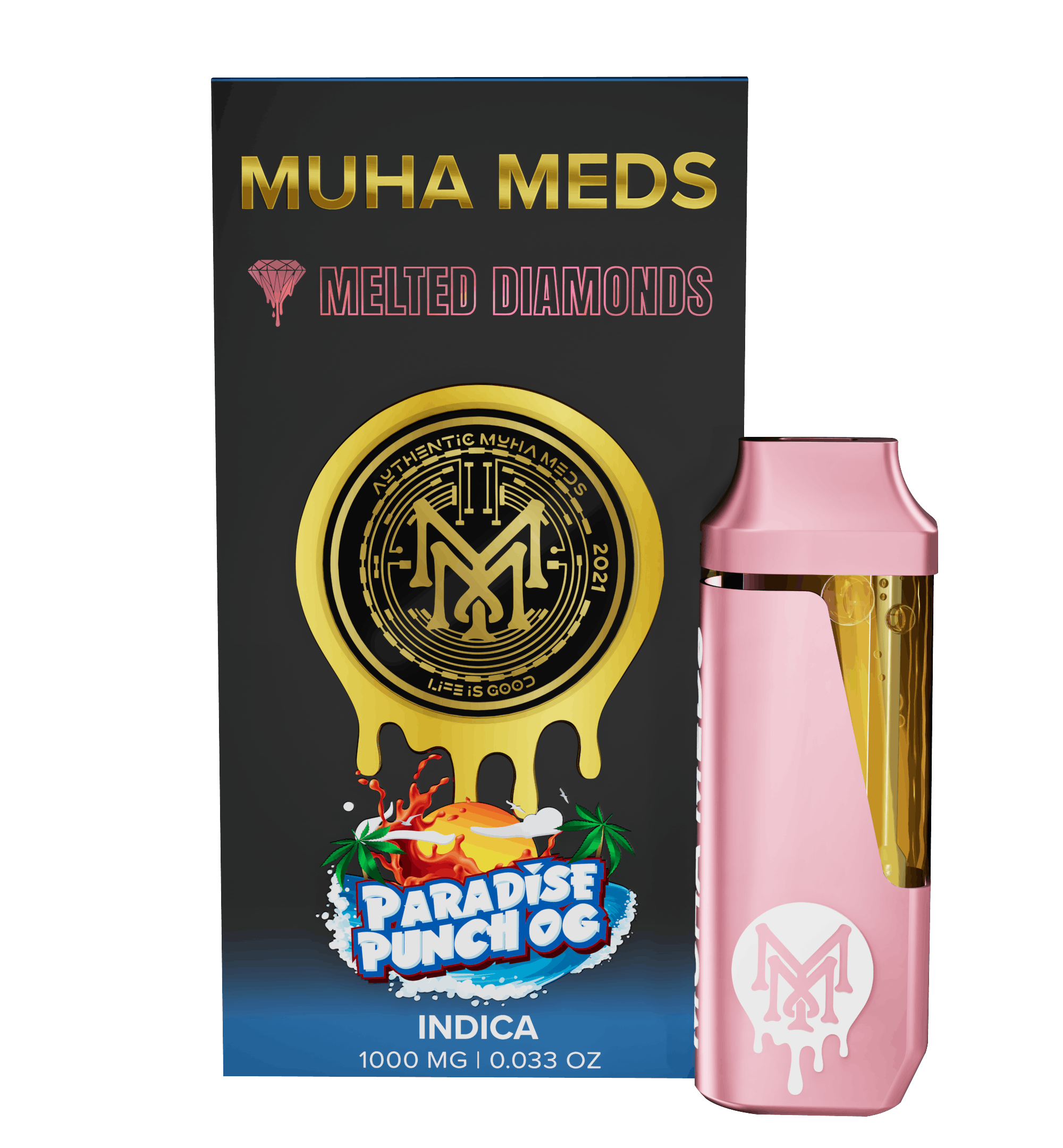In a world increasingly captivated by convenience, is the allure of effortless satisfaction truly worth the cost? The rise of disposable vapes, with brands like Muha Meds and Ace Ultra leading the charge, presents a compelling case study in the tension between ease of use and potential long-term consequences. This exploration delves into the nuances of this rapidly evolving landscape, examining the products, their appeal, and the critical questions consumers must consider.
Disposable vapes have exploded in popularity, offering a ready-to-use experience that bypasses the complexities of traditional vaping setups. No charging, no refilling, no assembly required simply unbox and inhale. This simplicity is undeniably attractive, particularly for those new to vaping or seeking a hassle-free alternative to traditional cigarettes. Muha Meds, known for their potent cannabis extracts and sleek design, and Ace Ultra, boasting a wide array of flavors and a smooth vaping experience, exemplify this trend. But beneath the veneer of convenience lies a complex web of considerations, from product safety and quality control to the environmental impact of disposable devices.
| Brand | Product Line | Key Features | Price Range | Website |
|---|---|---|---|---|
| Muha Meds | Disposables, Cartridges | Potent cannabis extracts, sleek design, portability | $15 - $150+ | example.com/muhameds (Placeholder - Replace with actual website if available) |
| Ace Ultra | Disposable Vapes | Wide flavor selection, smooth hits, effortless enjoyment | $200 - $650+ (Multi-packs) | example.com/aceultra (Placeholder - Replace with actual website if available) |
The marketing surrounding these products often emphasizes flavor, potency, and discreetness, appealing to a broad spectrum of consumers. Muha Meds disposables, for instance, are advertised as being compact, lightweight, and perfect for on-the-go enjoyment. Ace Ultra, on the other hand, highlights the "smooth and satisfying hits" delivered by its devices, promising an indulgent vaping journey. The pre-filled cartridges, often brimming with premium cannabis extract or other flavored e-liquids, promise a strong and delicious experience. However, the enticing descriptions often gloss over critical details regarding the long-term health effects and potential risks associated with these products.
One of the key selling points for many disposable vape brands is the use of QR codes for product verification. This seemingly transparent practice, allowing users to scan a code and access lab results, is presented as a guarantee of authenticity and safety. However, the efficacy and reliability of these verification systems remain largely unscrutinized. Are these codes truly providing accurate information, or are they simply a marketing ploy designed to instill a false sense of security? This question warrants further investigation and highlights the need for greater regulatory oversight in the burgeoning vaping industry.
The convenience of disposable vapes comes at a cost, both financially and environmentally. While individual devices might seem affordable, the cumulative expense of regularly purchasing new vapes can quickly surpass the cost of investing in a reusable vaping system. Furthermore, the environmental impact of discarded disposable vapes is a growing concern. These devices often contain lithium-ion batteries and other electronic components that can contribute to e-waste if not properly recycled. The sheer volume of discarded vapes poses a significant challenge for waste management systems and underscores the need for sustainable alternatives.
Beyond the environmental and financial considerations, there are serious health questions surrounding the use of disposable vapes. While some brands promote the purity and potency of their products, the long-term effects of inhaling these substances remain largely unknown. The lack of comprehensive research and the rapidly evolving formulations of e-liquids and cannabis extracts make it difficult to assess the potential risks accurately. Consumers are often left to navigate a confusing landscape of conflicting information, making informed decisions about their health challenging.
The vibrant online communities surrounding vaping, exemplified by platforms like TikTok, further complicate the picture. While these platforms can be valuable sources of information and user reviews, they can also be breeding grounds for misinformation and biased endorsements. Videos showcasing the purported differences between brands, such as the comparisons between Ace and Muha products, often lack scientific rigor and can mislead consumers. Discerning credible information from marketing hype or anecdotal experiences is crucial for making informed choices.
Ultimately, the decision of whether or not to embrace the convenience of disposable vapes rests with the individual consumer. However, making an informed decision requires careful consideration of the potential risks and benefits, along with a healthy dose of skepticism towards marketing claims. By delving beyond the superficial allure of effortless satisfaction, consumers can empower themselves to make choices that align with their health, financial, and environmental values. The conversation surrounding disposable vapes is far from over, and as the industry continues to evolve, critical evaluation and informed consumerism will remain essential.


